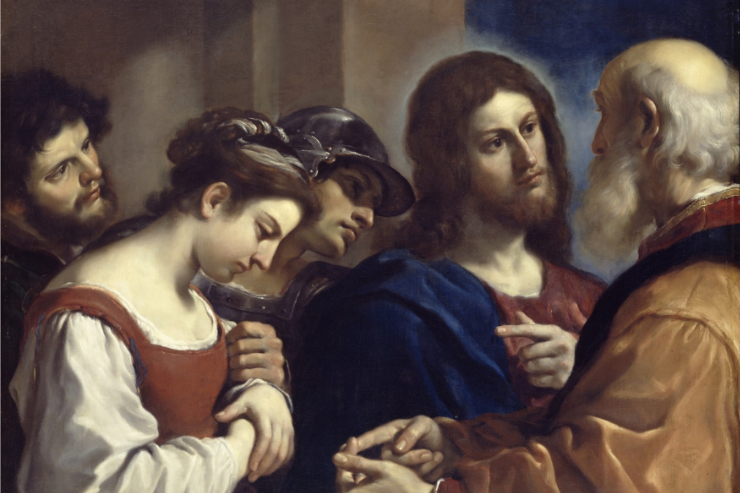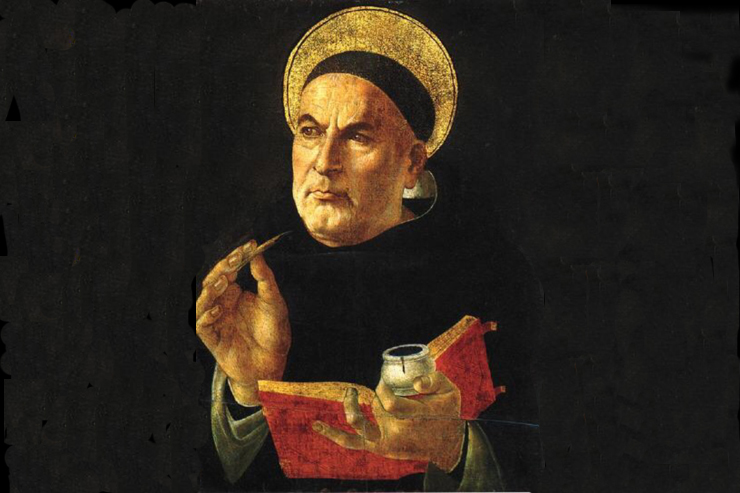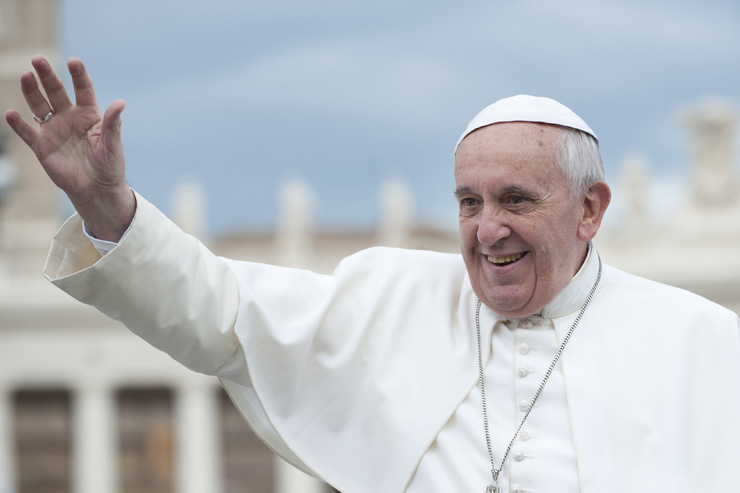
Fr. Benedict Groeschel (Photo Credit: EWTN)
Darkness. We have all experienced it. Darkness can be anything from a darkened room to darkness of soul and heart. No one escapes. We may think we know people who lead charmed, untroubled lives, but these seemingly perpetually worry free individuals are out there, struggling and crying every day—by the hundreds, if not thousands.
The only way to Jesus is through the crosses in our lives. As the late Fr. Groeschel writes, “it is not enough merely to survive the trials of life, it is necessary to go beyond them.” Arise from Darkness—What To Do When Life Doesn’t Make Sense is Fr. Benedict Groeschel’s testament to navigating dark times, the seemingly endless tunnels of pain that we all endure at one time or another. “Why me, Lord?” The answer is, “Why not you?” Fr. Groeschel, priest and psychologist, approaches his topic with the wisdom of his experience in both roles. With his unique approach, he touches all the soft and hard spots that are recognizable to anyone who has lived through their personal darkness. The universal answer to the question of pain is, of course, Jesus Christ.
The topics he covers are varied and universal. Beginning with betrayal by friends, threats to our security and, perhaps, most difficult, when the Church fails us, Groeschel writes succintly of the paths to be taken for rising again. In answer to the question of why the Church fails, it is because “it is made up of human beings.” He further counsels “don’t depend on a particular part of the Church”, depend on God. Adding to that would be that before you get yourself wrapped around the axle over an issue—do your homework.
The section on being our own worst enemies is a treasure trove of insights. As the beloved comic strip character Pogo said, “we have met the enemy and he is us.” Denying reality gets people into amazing messes. Denying God is an open door to destruction. People live stressed out on anger, past resentments and jealousy, it is a “diet of pure psychological cholesterol.” God is always there for us—we have only to approach and ask. People often shoot themselves in the foot and then spend the rest of their lives limping around on it. Without the tools to heal it is a wound that never goes away.
The last section is on death. Death robs us all. It is inevitable and unavoidable and needs to be addressed head-on. Loss of parents, a child, family members and friends strike a blow in the worse way. The only way to deal with it is to go through our grief, not around it. Through these times we need to hold the hand of Jesus. Prepare for death by knowing it will come to all of us. Those left behind suffer and need prayers and support. In time grief lessens, but may never go away. We need to remember that God is as close as our breath, always there.
Evil has a place in the darkness. Evil is darkness. People often ask, “Why does God allow evil?” The answer “is in eternity when our minds will be large enough to deal with the mystery of evil because we shall be changed’ .” (1Cor 15:51) In this book, however, Groeschel addresses the further question “How am I going to go on to arise from darkness?” This is what the book addresses.
The wonderful treasures in this book are the prayers at the end of each chapter and an entire section of prayers at the end of the book—Prayers for Dark Times. The authors of these prayers range from Saint Teresa of Avila, Saint Thérèse of Lisieux, Saint Augustine, Father Thomas à Kempis, Saint Faustina Kowalska, Blessed John Henry Cardinal Newman, Frank Sheed, and Jean-Pierre de Caussade, S.J.
When All Seems Dark
Most high, glorious God,
lighten the darkness of my heart
and grant me, Lord,
a correct faith, a certain hope,
a perfect charity, and a sense of knowledge,
so that I may carry out
Your holy and true command.
— St. Francis of Assisi













